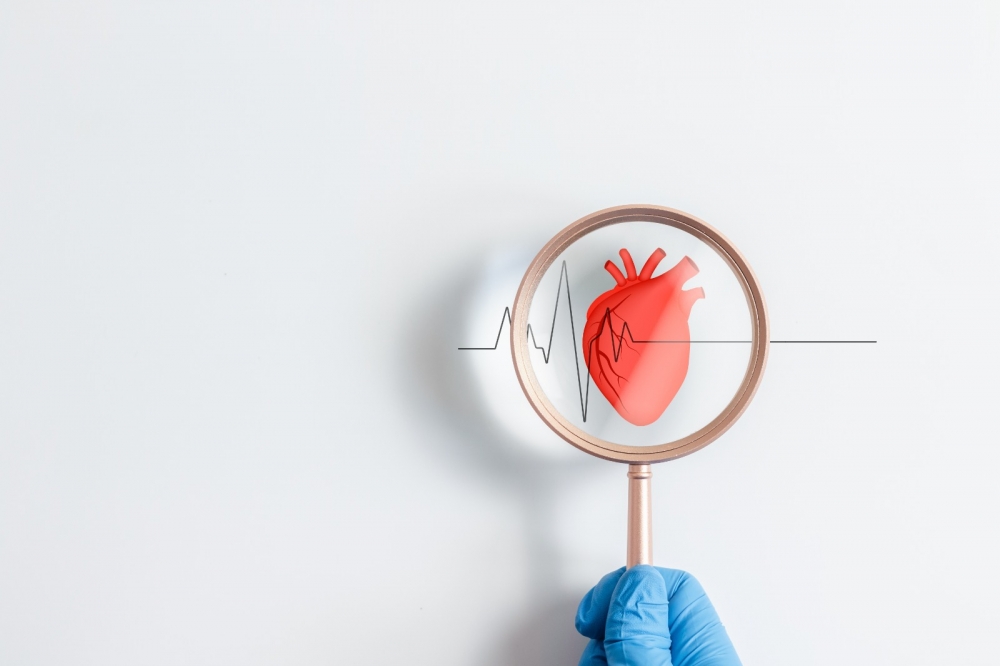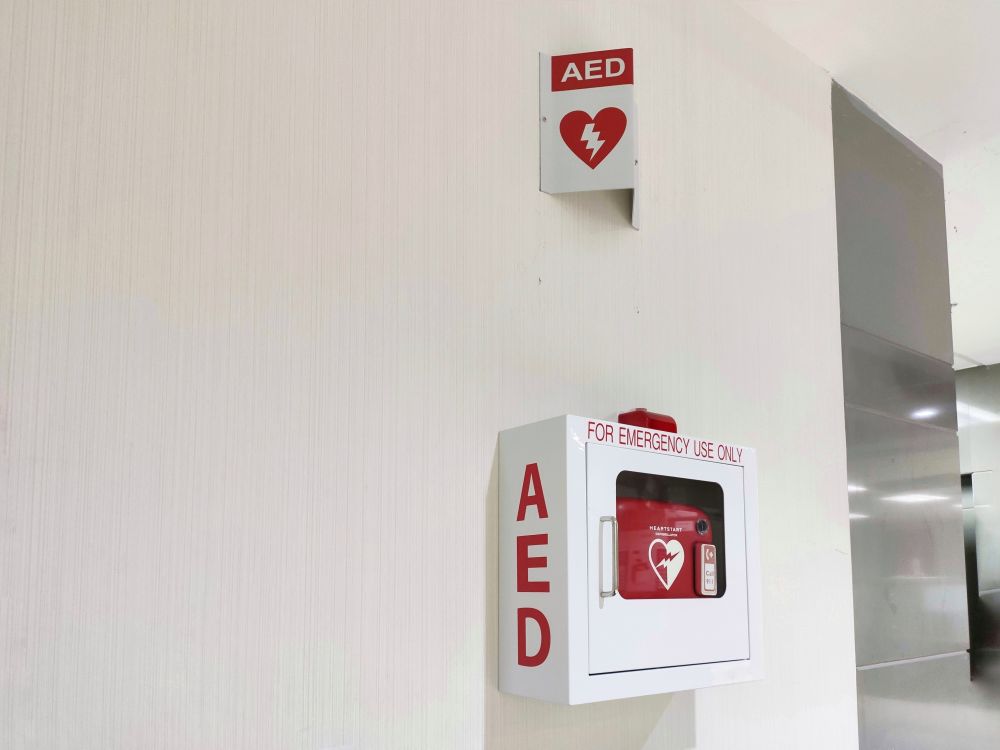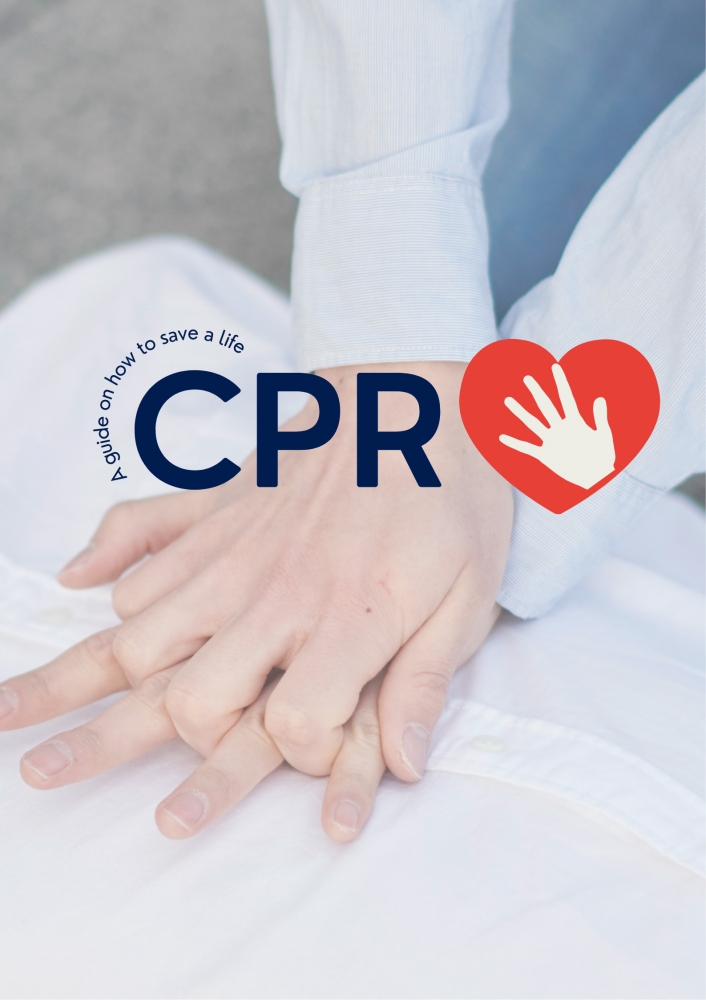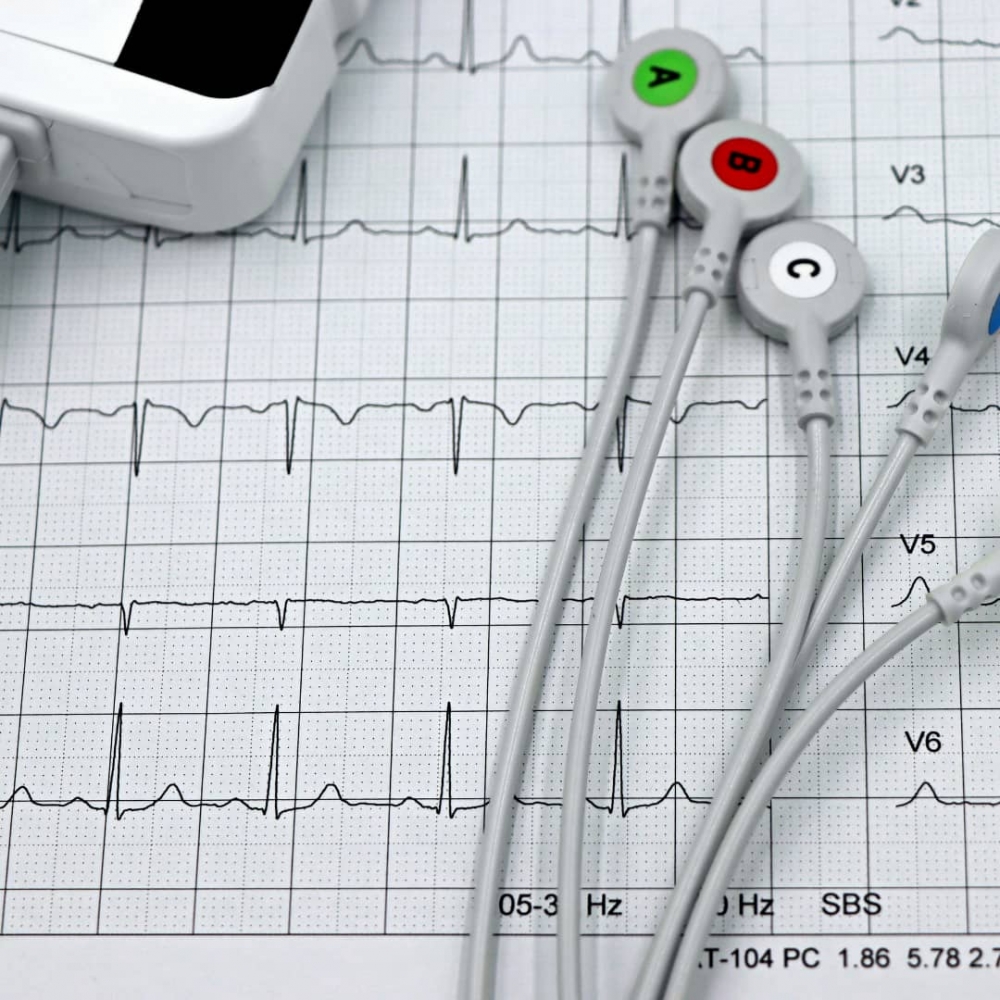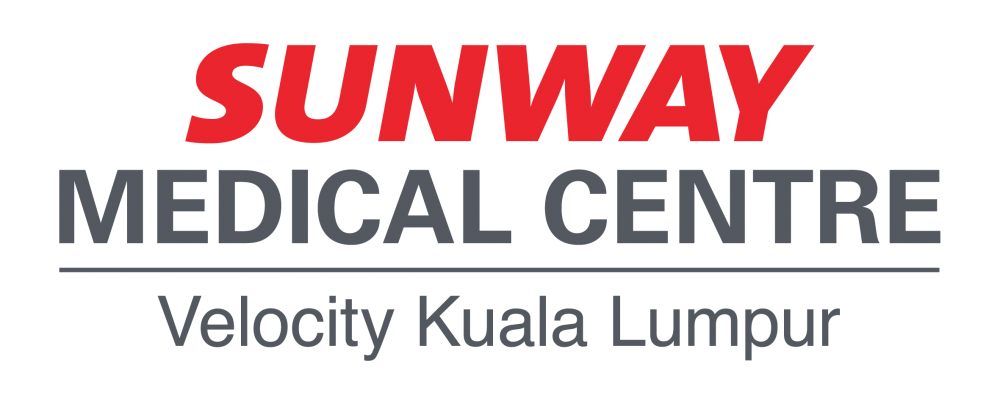Brain health awareness
IN conjunction with Brain Awareness month this year,Sunway Medical Centre Velocity (SMCV) is offering unlimited free teleconsultation services with its consultant neurologist Dr Kok Chin Yong and neurosurgeon Dr Gerard Arvind Martin.
In Malaysia, stroke is the third leading cause of death. On average, there are 92 stroke admissions daily across Malaysian healthcare facilities, with 40 per cent of patients below the age of 60
Unfortunately, given the current pandemic, hospitals have found that stroke patients are approaching healthcare institutions much later, or not at all as they fear contracting the virus.
In light of these concerns, SMCV's Velocity Neuro Centre (VNC) will be offering new patients the chance to register for these consultation services from the comfort of their homes through free and unlimited teleconsultation services.
According to Dr Gerard, these teleconsultation sessions are part of the hospital's efforts in ensuring patients can receive the necessary medical advice and services to improve their physical and mental wellbeing.
"Through these consultation services, patients can talk to specialists about neurological related conditions such as headaches, or converse with a neuro specialist to learn more about brain health. We aim to encourage patients to speak up about their concerns and to talk about what is worrying them as this is a key step in identifying potential cases."
Interested patients simply need to visit SMCV's website and make the necessary appointment.
They can discuss symptoms, concerns and possible next steps to receive treatment and care according to their respective conditions.
SMCV has an acute stroke care centre to treat patients with a multi-disciplinary team incorporating various professionals.
There is an emergency physician and team to assess the condition of the patient who presents at the hospital; a neuroradiologist to further assess the type and severity of stroke through CT scans and MRIs; a neurologist who will promptly evaluate and select suitable patients for stroke thrombolysis in the case of an ischaemic stroke; a neurosurgeon, who will step in to perform surgical management immediately in the case of a haemorrhagic stroke and a 24-hour emergency department where a team of doctors and nurses will be on standby to attend to emergency cases.
In the case of an ischaemic stroke, stroke thrombolysis can be administered to the patient to break down or dissolve a clot that prevents blood from reaching the brain.
Hyperacute stroke thrombolysis may give up to 30 per cent benefit to the patient in terms of being functionally independent within 90 days and increases the patient's chance of near-normal or normal recovery.
Post stroke care involves a physiotherapist to assess a post-stroke patient's mobility and craft a consistent rehabilitation regime to help patients regain muscle strength and mobility.
A neuro-ophthalmologist will also treat conditions related to vision through stroke vision rehabilitation while a dietitian ensures the patient has optimal nutrients for recovery. A psychiatrist will also conduct behavioural assessments to detect underlying depression which is common in stroke patients.

Consult the experts.
PREVENTING STROKE
IT is important for all Malaysians to recognise the warning signs of stroke, which can be easily remembered with the acronym BE FAST, which stands for - Balance difficulties, Eyesight changes, Face weakness, Arm weakness, Speech difficulties.
If you spot these signs in a loved one, it's time to call the hospital for immediate treatment.
BackSuggest to Read
